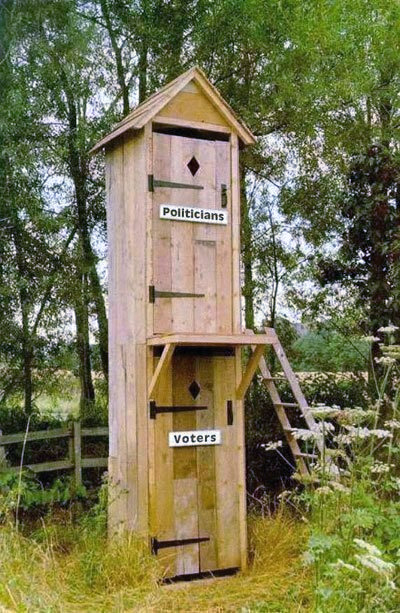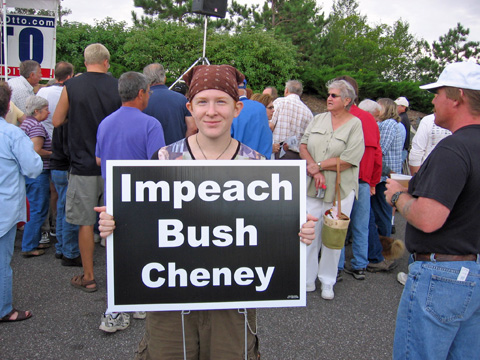
Link: http://www.grandforksherald.com/articles/index.cfm?id=66781&freebie_check&CFID=5772137&CFTOKEN=54955241&jsessionid=883037716f0c3c6b7a70
From: The Grand Forks Herald
VIEWPOINT: ‘Old Crossing' land grab: Ramsey vs. the Indians
By David Thorstad,
Published
Published: Sunday, February 10, 2008
In the Old Crossing Treaty of 1863, several Ojibwe bands ceded most of what is now northwestern Minnesota to the U.S. The treaty was signed at what is now Old Crossing Treaty Park, which is located just west of Red Lake Falls, Minn. Originally, the site was where settlers crossed the Red Lake River on their way to the Northwest.
This year marks the 150th anniversary of the signing. In commemoration, an anthology titled “The Story of Old Crossing: A Manual” is being compiled. The compilation is being sponsored by the state of Minnesota, the Red Lake County Historical Society and the University of Minnesota-Crookston, among others. The book will be available this summer.
The following is an abridged version of a piece that'll appear in the anthology.
WHITE EARTH INDIAN RESERVATION, Minn. - Alexander Ramsey - first Minnesota territorial governor, a recently elected U.S. senator and the man who negotiated the 1863 Old Crossing Treaty - was a consummate negotiator. His methods included duplicity, innuendo, divide-and-conquer tactics, lies and bribery.
The treaty period was a land grab by the white man. Old Crossing was part of that. The Red Lake and Pembina bands of Ojibwe ceded 11 million acres of fertile land that would become known as the breadbasket of the nation.
American Indians viewed themselves as stewards, not owners, of the land. Therefore, it was not their prerogative to sell the land itself, but only the use of it.
Ramsey's goal was acquisition of the land, but he insisted that all he wanted was a “right-of-way” for the growing numbers of settlers and tradesmen to cross it. The Dakota Uprising had distracted the authorities, but with the suppression of that rebellion and the mass hanging of 38 Dakota men in Mankato on the day after Christmas 1862, Ramsey was ready to pursue his goal.
He repeatedly told the Ojibwe that the land was “worthless to them” and “entirely valueless to a civilized people.” They “may not be making the best use of the lands which the Great Spirit has given them. They have broad lands here, occupied by about a thousand men, that the system of cultivation and settlement adopted by the white race would support a thousand times, and perhaps 10,000 times, that number. . . .
“It is probable that the Great Spirit had in view the mutual advantage of both races in bringing them together. They have lands here which many of them never see, and from which they derive nothing whatever, which, if occupied by white men, would yield them abundant food, blankets and whatever else they need.”
Little Rock, in one of his eloquent, poetic speeches, referring to his grandfather, said: “Now, that which he has given to his children for an inheritance has been shaken to the winds. You have trodden it under your feet. . . . This is what was spoken by my great-grandfather at the house he made for us. He was the one who spoke it: . . .
"'At some time, there shall come among you a stranger, speaking a language you do not understand. He will try to buy the land from you, but do not sell it; keep it for an inheritance to your children.'"
His eloquence did not deter Ramsey from referring to his Indian interlocutors as “these ignorant savages.” “I cannot afford to spend my time in listening to all Little Rock's old-womanish nonsense,” Ramsey said.
On the ninth day of negotiations, Ramsey ratcheted up the pressure: “Tell them I find all this counciling comes to nothing. It is all talk, talk, talk and no business.”
Ramsey stressed the economic potential of the cession in his report to William Dole, commissioner of Indian affairs: “The whole of this area may be regarded as ultimately available for agriculture and settlement, the soil being generally of extraordinary fertility and finely adapted to the production of the small grains, though portions of it along the banks of the Red River are imperfectly drained and are subject to occasional overflow.
“It embraces all the present paths of commercial travel, and the designated routes of projected railroads and telegraphs between the settlements of Minnesota and the British colonies of northwestern America. . . . The position of the ceded tract . . . renders the extinction of the Indian title thereto a matter of the first consequence to the people of this State, and essential, indeed, to the development of the northwest.”
Mon-si-moh (Moose Dung) played the main role in finalizing the terms of the treaty. He was rewarded with a 640-acre tract of land (the “Chief's Section”) at Thief River Falls.
By 1904, the Red Lake Band had ceded all the rest of its lands, except for the much-diminished present-day reservation - and part of that (the northeast third of Upper Red Lake and the surrounding area, including Waskish) was stolen outright from them, given that they never ceded it.
Thorstad is a student of Ojibwe language and culture and lives in the White Earth Indian Reservation.



